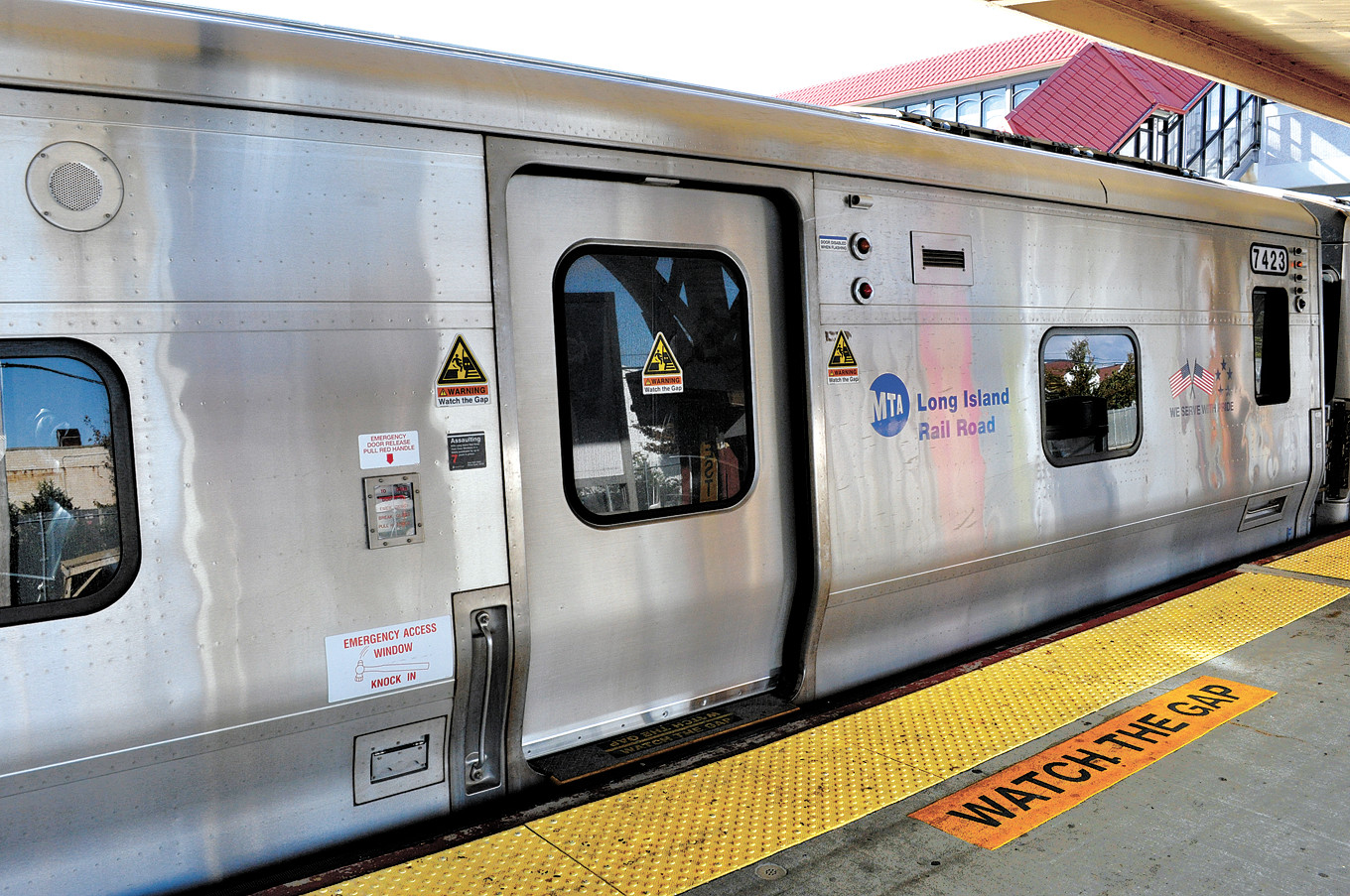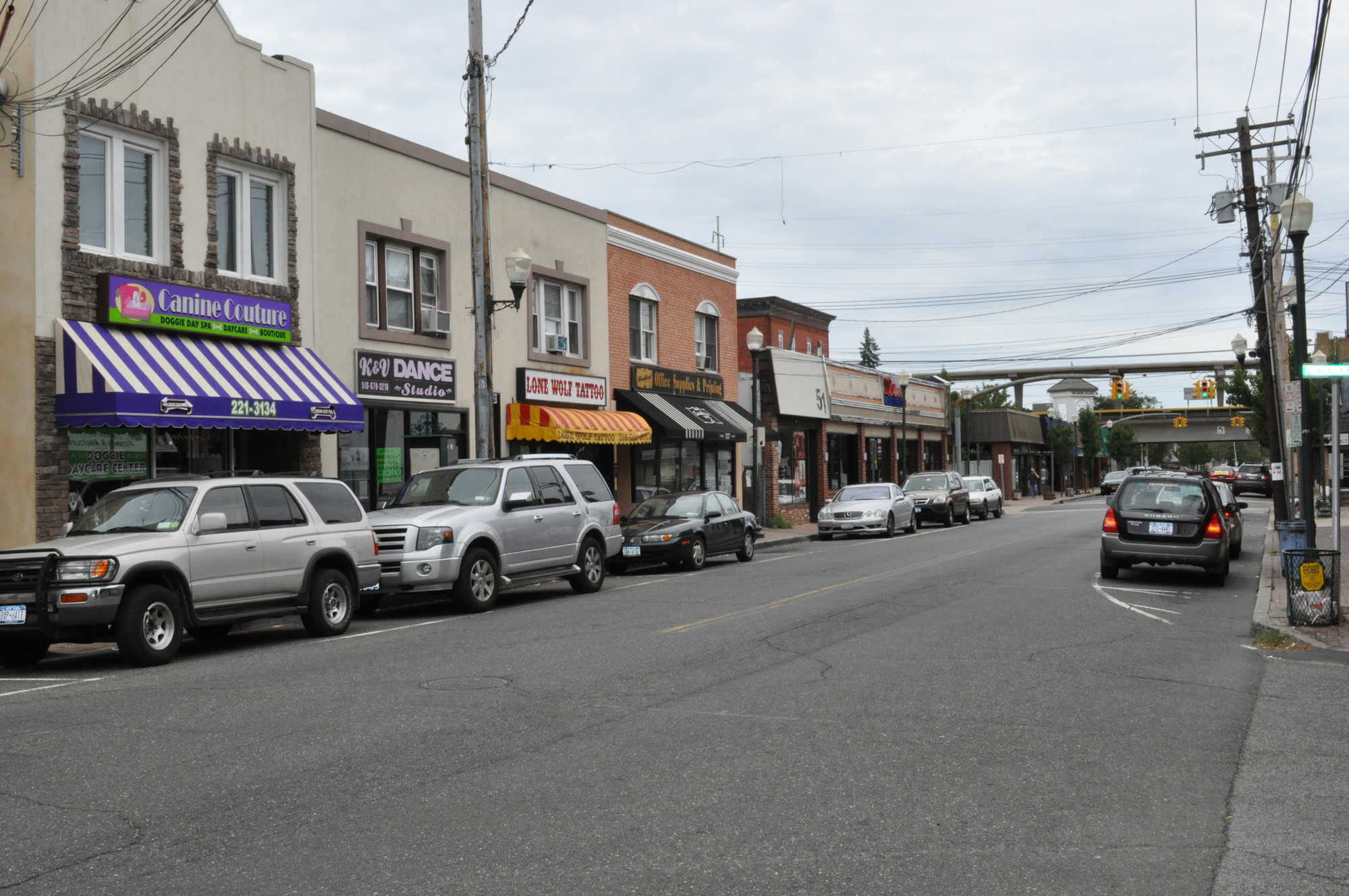Bellmore-Merrick braces for possible LIRR strike
With a Long Island Rail Road strike looming, Bellmore-Merrick residents and business owners are preparing for the distinct possibility that tens of thousands of commuters might be bused from the Bellmore train station to subway stops in Queens.
The current LIRR contract deadline expires on July 19, and talks between the Metropolitan Transportation Authority and the eight LIRR unions ended with no compromise on June 27.
Six LIRR stations would become bus stops in the event of strike, according to the MTA’s current contingency plan. In addition to Bellmore, they include Seaford, Freeport, Hicksville, Deer Park and Ronkonkoma; Nassau Community College, in Garden City, would also be involved.
Hempstead Town Supervisor Kate Murray called the MTA’s plan “unworkable and ill-conceived” at a news conference in Bellmore last week. She noted that she and Councilman Gary Hudes, who also owns Gennaro Jewelers in downtown Bellmore, have expressed their concerns about the plan to MTA officials.
“Local businesses might as well lock their doors and go home,” Hudes said. “Cars will block residential driveways, gridlock will occur, and there will be no parking for customers of local businesses.”
Bellmore and Merrick chamber officials echoed Hudes’s fears. Debby Izzo, president of the Chamber of Commerce of the Bellmores, said parking at the Bellmore LIRR station is already tight, and it would become impossible during a strike.
There are 3,775 parking spaces at Seaford, Bellmore and Freeport train stations combined. In a strike, commuters would inevitably park in Bellmore’s downtown, using up spaces intended for shoppers, Izzo said.
“I don’t think it’s going to be a good thing for business at all,” she predicted.
Merrick Chamber President Randy Shotland said that local commuters who return to Long Island from the city significantly later than usual because of the strike would be less likely to shop and dine in the downtowns on their way home from work.
“The consumer who is going to local restaurants isn’t going out to dinner at 8 p.m.,” he said. “They are not going to get the commuters to spend money, because they are rushing for a bus. It’s going to affect the economy and the community.”









